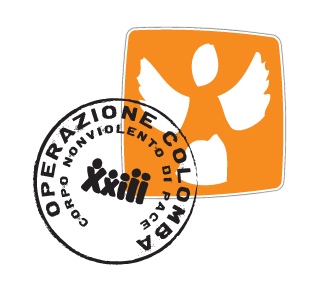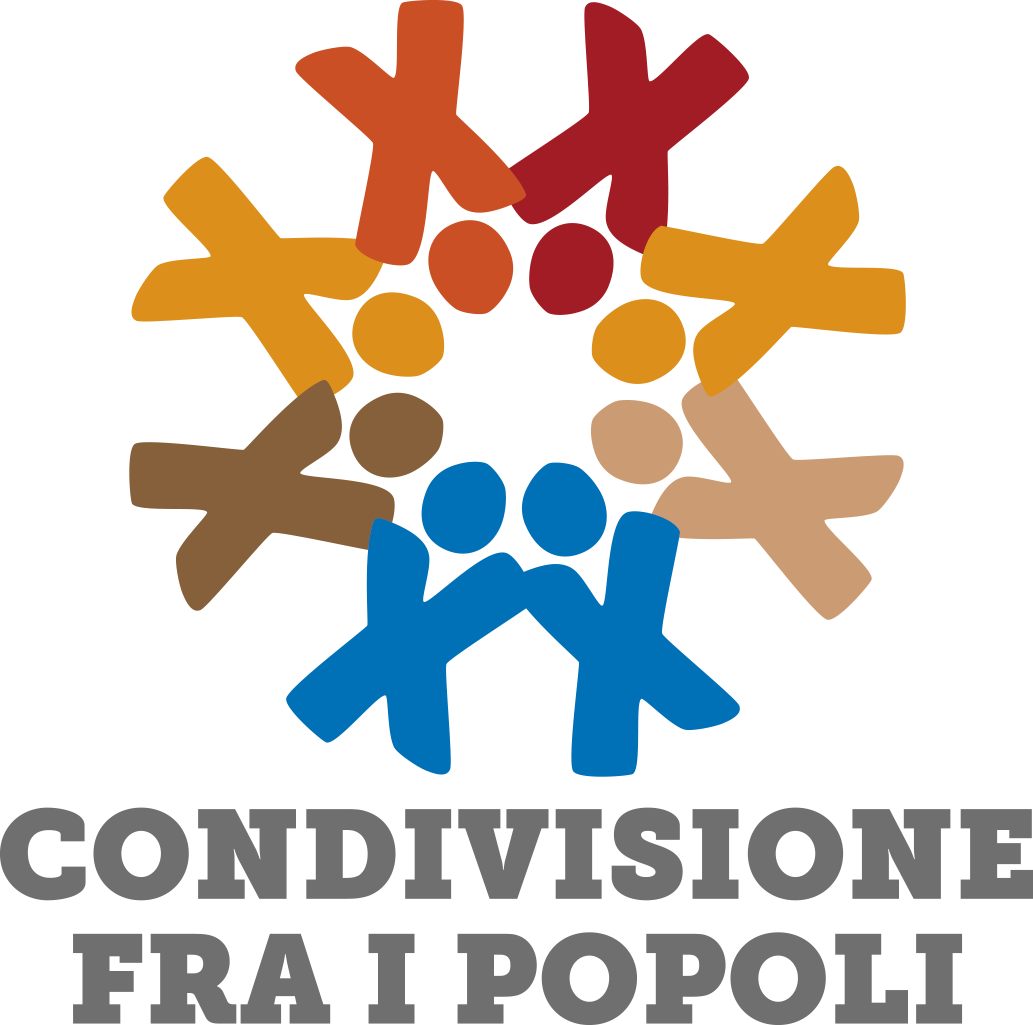Firing zone and military training
Amira opens her eyes. It’s night, but somebody is screaming outside those four walls that she calls home. It’s a cold night of December, the blankets wrapped her as a bundle, when she sees the front door opening with violence.
Amira knows those faces. She meets them every day, on the road to school, in the nearby valleys, near the outpost which is a few meters from her house. She knows those soldiers who are screaming at her and her sisters, yelling at her mother and grandmother to get up. They are looking for weapons, something they have lost during the day, and now accusing the Palestinians to have hidden in their homes. Behind the soldiers, her father tries to take them away, while her mother is looking for something to cover her head. There, in the room where the women have always slept, Amira was never afraid. Never, before that night.
The soldiers are searching for something. They are looking among the blankets, inside the few furniture, even inside the teapot in which Amira prepares the tea for her grandmother every day.
They are violent, they scream, they don’t let them go out, while the village outside tries to do something. A glass for the tea falls, Amira sees it fall apart, pieces scattered on the floor and between the blankets.
It lasts some minutes but seems hours. When the house is turned upside down, the soldiers continue to the next house. Amira sees her mother follow them, like all the other people inside the room, conscious that they can’t do anything to stop them. Only following. Altogether, all the village, as all the villages in the area.
The first stars are disappearing in the sky, the morning is coming, and for Amira, it means that she has to go to school soon. Her grandmother takes her to the bed, while the raid keeps going, house after house. She has to sleep; she has to go to school in the morning. She looks for the last time those men and those women enter in another house, before returning to bed, among the blankets thrown on the ground and the mud took inside by the soldiers.
She has to sleep, in a few hours she’ll go to school, walking for half an hour under that outpost, meeting those soldiers. Like every morning, Amira will get up and go to school. But before, she will help her mother to clean up the room.
Like every morning, Amira will go to school. Because that’s a normal morning, in Palestine.
As part of the Oslo Agreements, about 60% of West Bank lands have been classified as “Area C”, under Israeli military and civilian control. Through this particular legal status, the Israeli army can declare closed military areas for military training, permanent or temporary. In these firing zones (about one-third of Area C) the Palestinians’ access to land is formally prohibited and residents face recurring demolitions and displacement. The military training may include the firing of live ammunition and the leaving of unexploded ammunition on the ground.
In the early 1980s, the Israeli army established in the South Hebron Hills the so-called Firing Zone 918, affecting drastically the residents of 12 Palestinian villages. In 1999, Israeli forces evicted the Palestinian inhabitants. Following a legal proceeding promoted by Israelis and internationals activists, with the Palestinian residents, the Israeli High Court of Justice recognized the villagers’ right to return, without dismantling the Firing Zone. In 2012, during the legal proceeding before the High Court of Justice, the Israeli authorities confirmed the intent to demolish eight of the remaining villages in the area.
The military zone persists so far, notwithstanding its illegality under the International humanitarian law. The communities live under the constant threat of demolition, eviction, and expropriation.


 OPERAZIONE COLOMBA
OPERAZIONE COLOMBA
